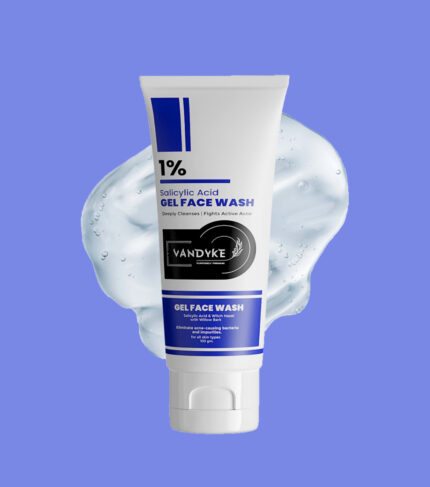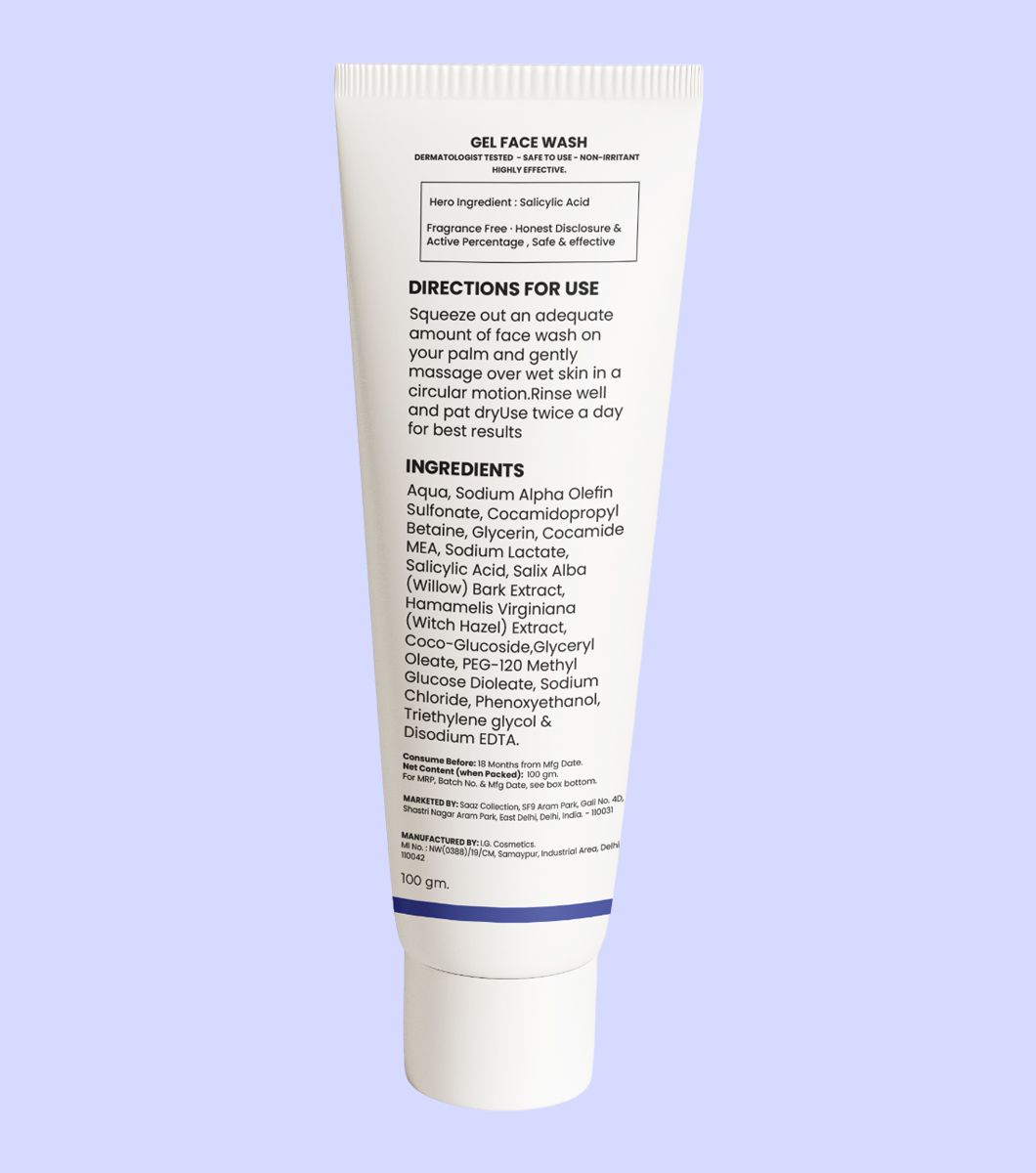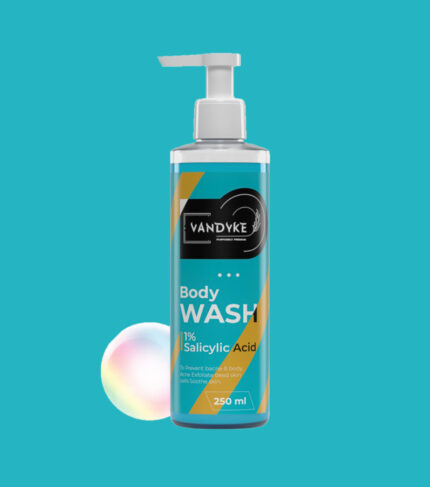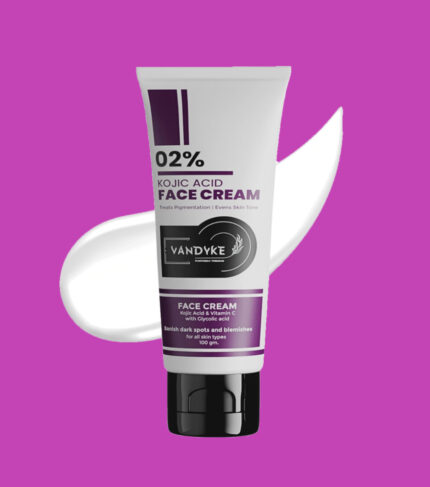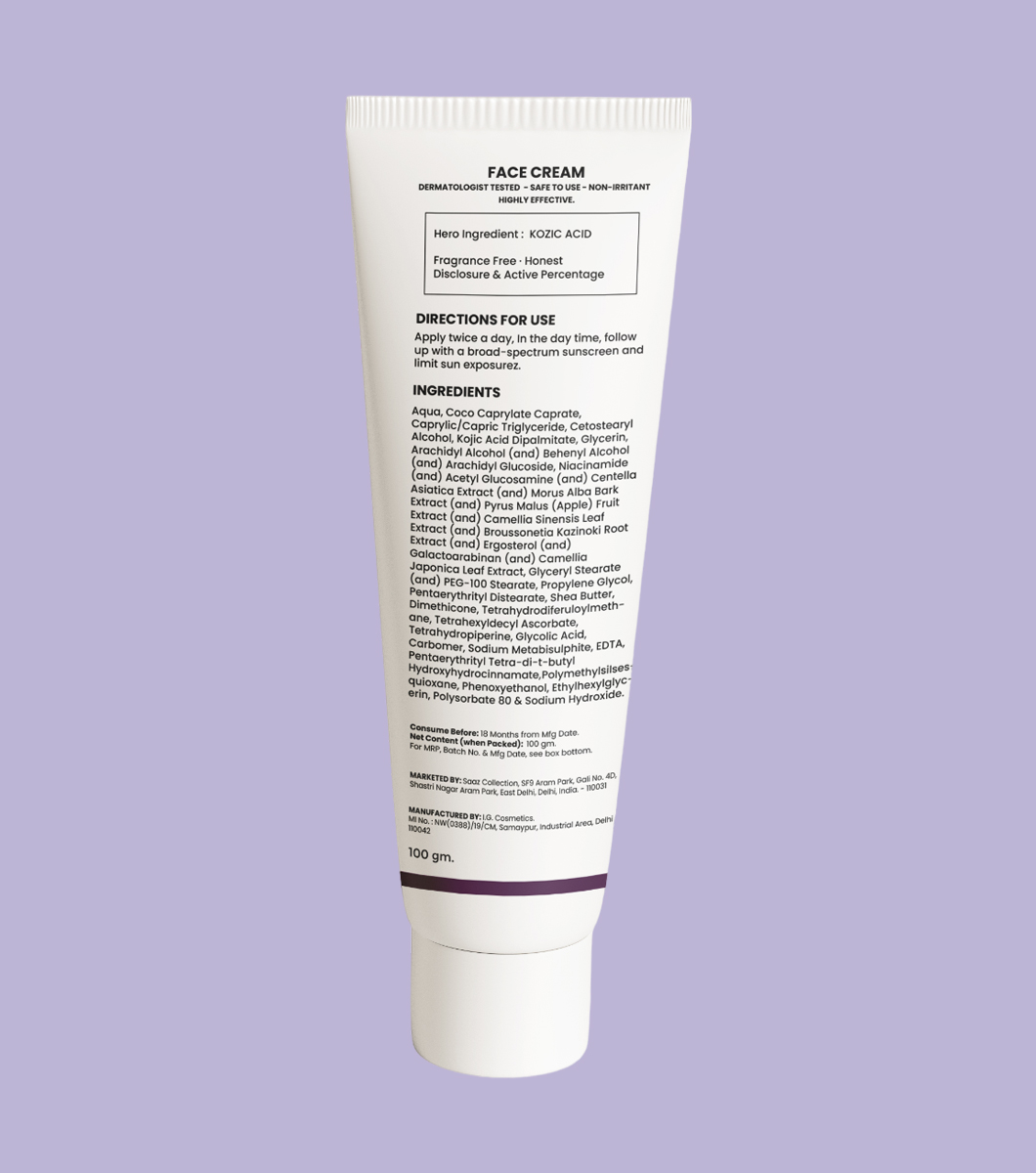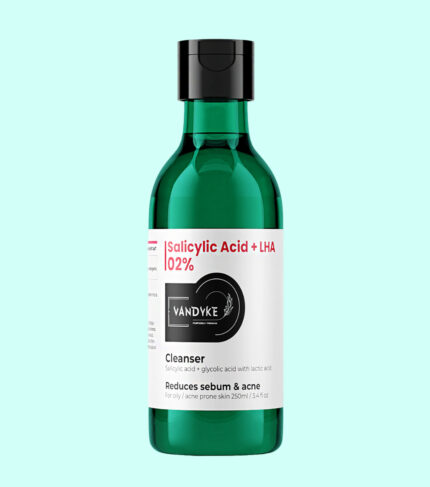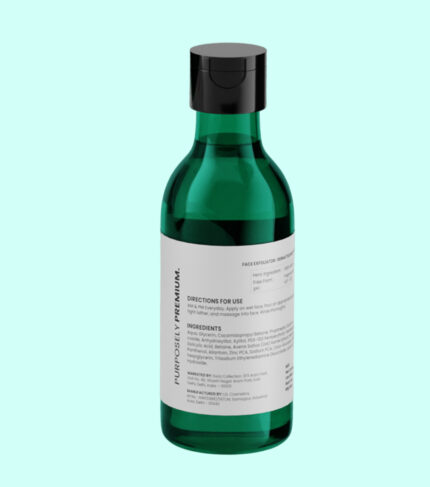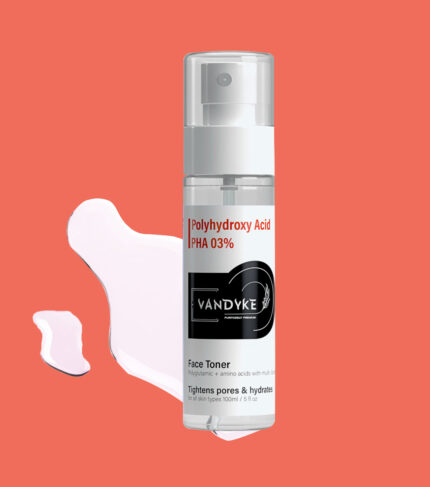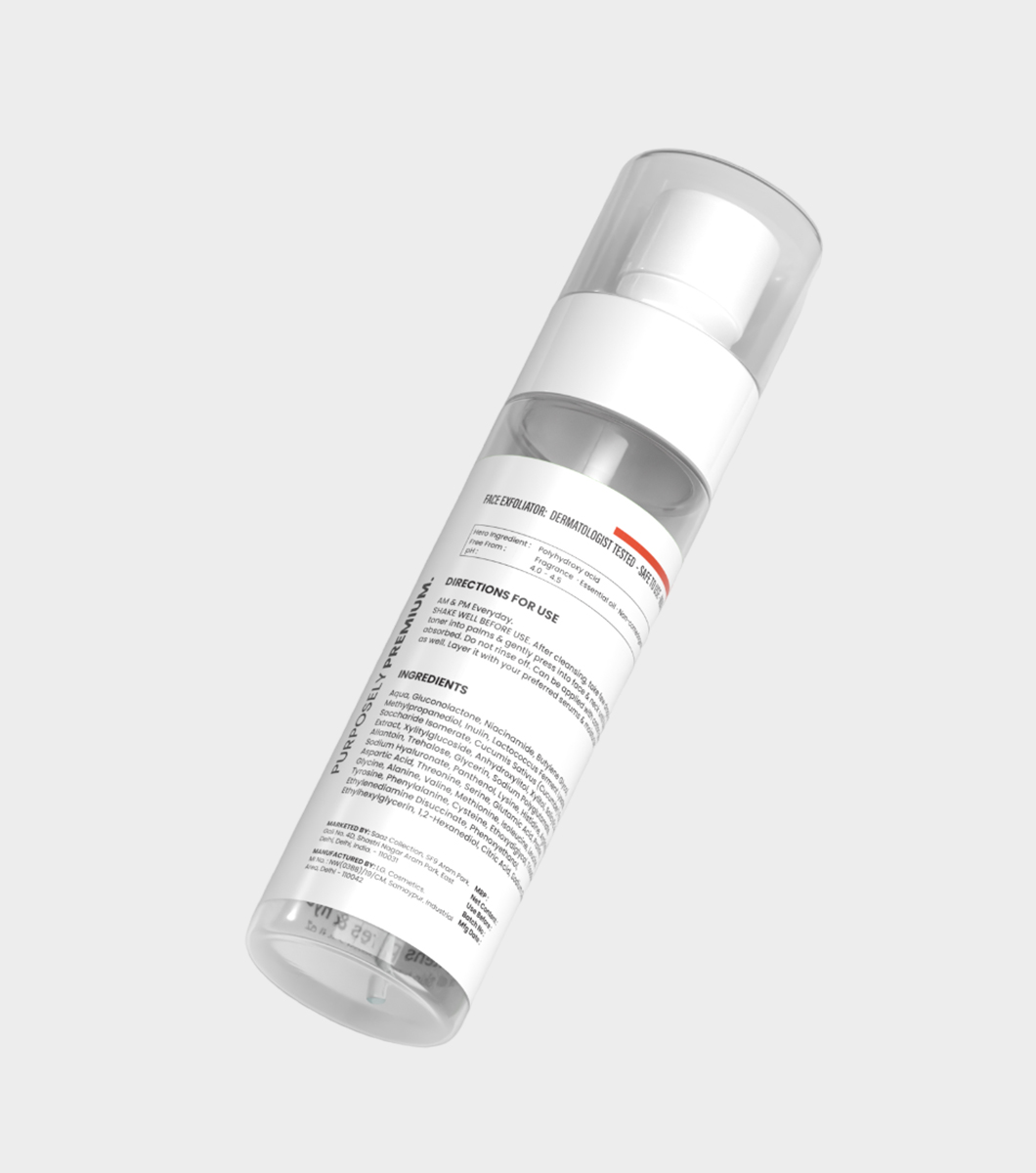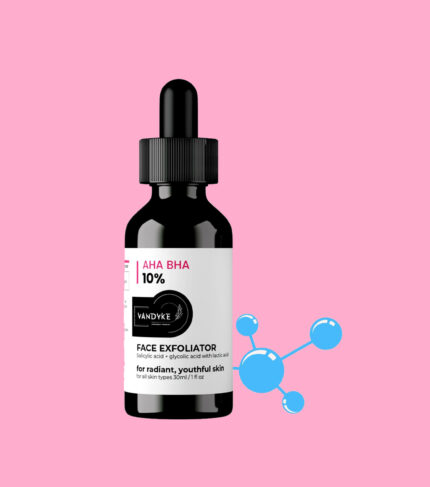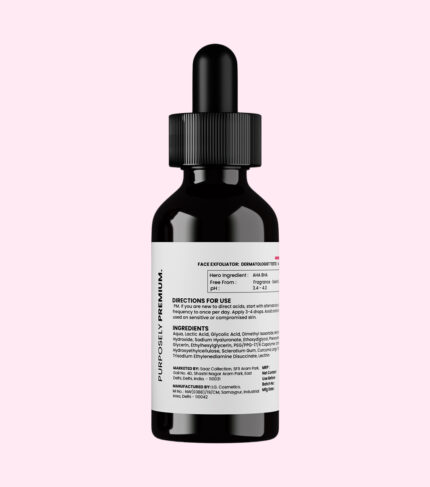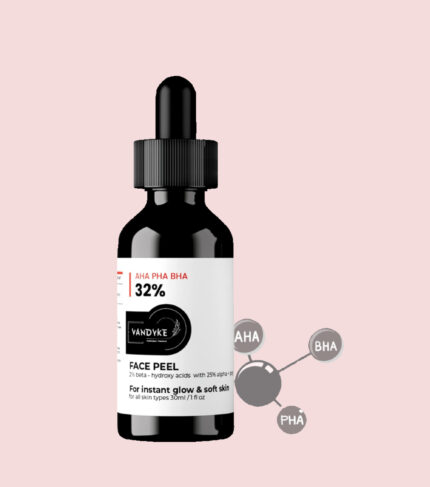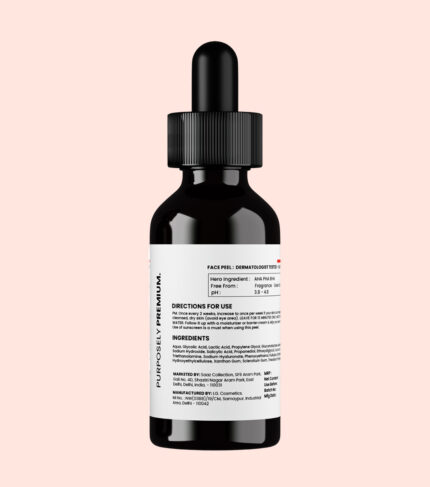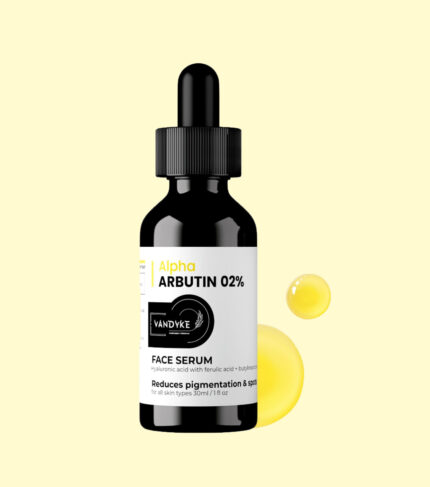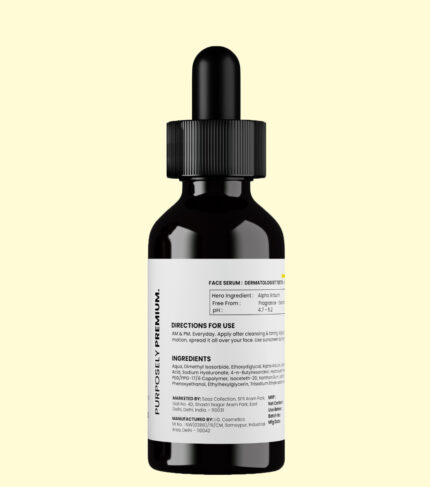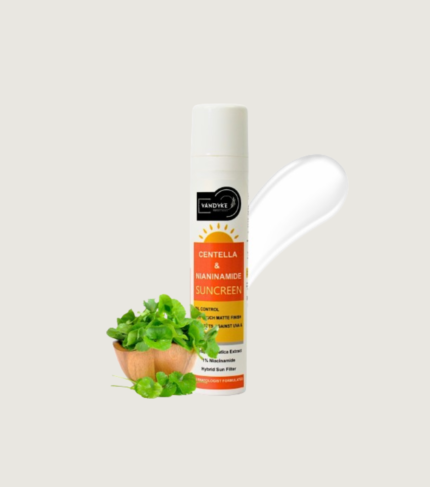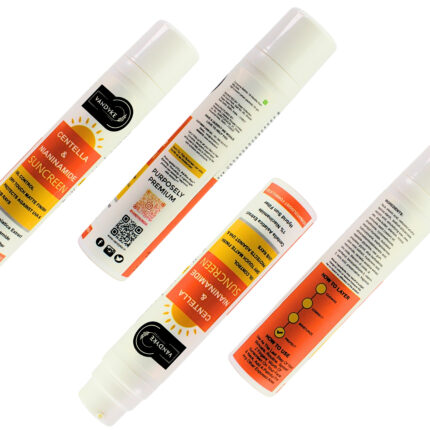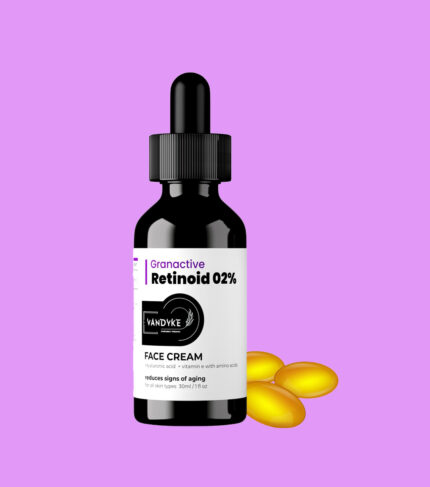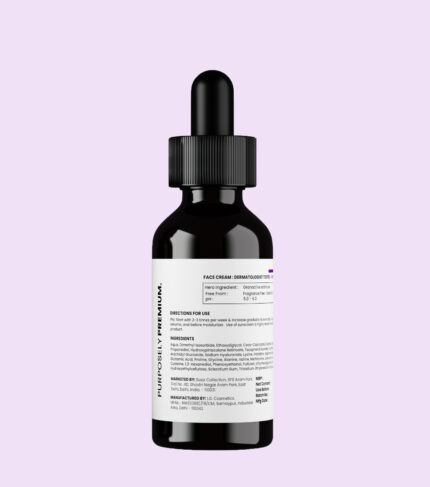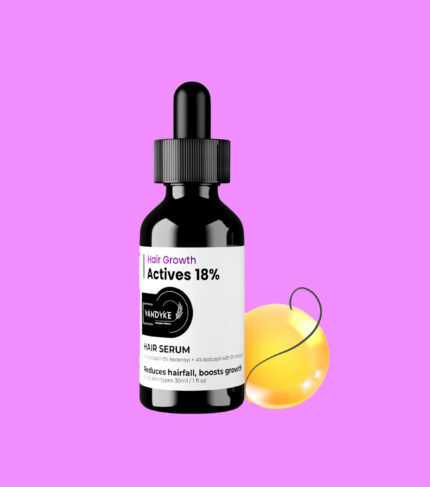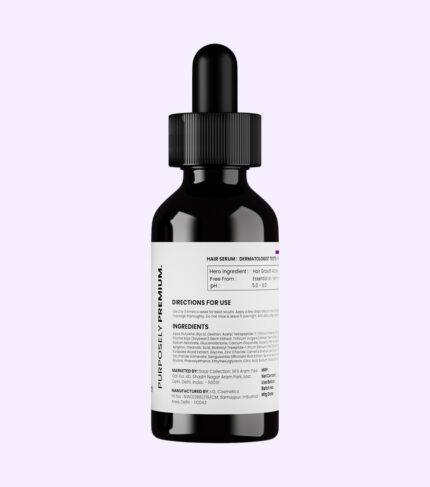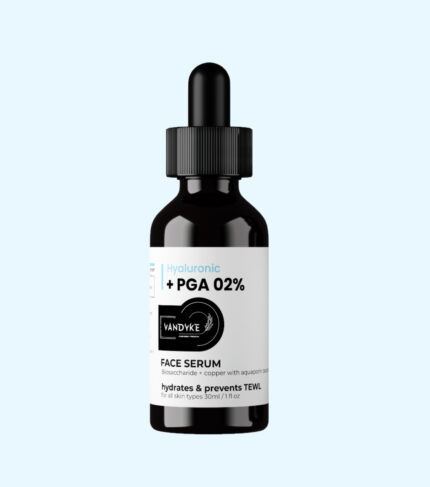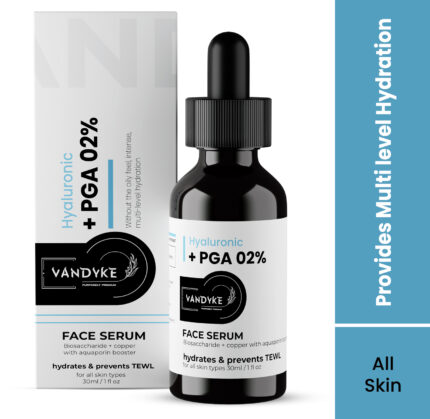Myths and Facts to Consider When Using Retinoids in Skincare
Using Retinoids in Skincare: If you use retinoids, you should be aware of how beneficial they are to your skin due to the positive reactions it produces.
After much research and observation, we discovered that it promotes cellular turnover, stimulates collagen, aids in the treatment of acne, softens wrinkles, fades pigmentation, and gives the skin a youthful glow. Their presence in the skin care industry is equivalent to what the Bee Queen is to the rest of the Bee world.
However, with so many advantages, it’s easy to let word of mouth take precedence over.Here are some retinoid myths and facts that we’ll dispel so you know exactly what you’re getting into with this holy ingredient.
Myth: Retinoids Are all the Same
Retinoids belong to a large family of vitamin A- compounds. There are several types of topical and oral medications available, ranging from over-the-counter to prescription strength. Let us examine the distinctions!
OTC retinoids are most commonly found in serums, eye creams, and night moisturisers.
Retinol
It converts at the skin’s cellular level and has fewer side effects than retinol acid, so it may take several months to a year to see results.
Retinoid Esters
least potent member of the retinoid family, but an excellent place to start for people with sensitive skin
Adapalene, (commonly referred to as Differin)
reduces the rate of excessive pore lining growth and desensitises the skin to inflammation, which makes it a perfect acne treatment.
-
Myth: Retinoids aren’t for Young People
Retinoids were initially prescribed to many young people as a means of treating acne.
Retinoids weren’t remarketed as “anti-aging” long ago but , when a study revealed the benefits to the skin, such as the reduction of fine lines and lightening of hyperpigmentation.
However, using retinoids is not age-restricted. It concerns the skin conditions that are being treated instead. It’s among the best anti-aging ingredients for prevention, second only to sunscreen.
-
Myth: It Takes 3 to 5 Weeks to See Results
We wish this were real, don’t we? It may take up to six months for over-the-counter retinol and up to three months for tretinoin to start showing full effects.
-
Myth: To See Results, it Needs to Be Used Everyday
Although using it frequently is the ideal, you can still benefit from using it a few times a week. Retinoids’ strength and type also affect how quickly the effects manifest.
-
Myth: Apply More, and the Results Will be better
Excessive application of the product can frequently result in unwanted side effects like peeling and dryness. For the entire face, a pea-sized drop of product is advised.
-
Myth: Retinoid Can Cause Thinning of Skin
Does retinoid cause skin thinning? Not only is this completely untrue, but it’s also thought to be a side effect of starting retinoids: peeling skin.
Some people believe that their skin gets thinner as a result of the peeling that results from this, but the opposite is true because retinoid thickens your skin by increasing the production of collagen in your skin. Hey, it lessens the primary cause of skin thinning.
-
Myth: Retinoids Make Skin Sensitive to Sun
Retinoids do not increase a person’s skin sensitivity to the sun, despite what many people may believe.
When retinoid is exposed to sunlight, its constituent parts decompose, resulting in instability and reduced efficacy. For this reason, they are marketed as being best used at night and are supplied in opaque containers and metal tubes.
However, it has been discovered that there is absolutely no risk of sunburn after investigating and studying retinoids. However, this does not mean that you can skip applying sunscreen because it reacts with sunlight and damages the skin, causing signs of ageing to appear because of photo damage
-
Myth: You Shouldn’t Use Retinoids Near Your Eyes
Most people believe that because the skin around our eyes is more sensitive, retinoids shouldn’t be used there. However, because they promote the production of collagen, retinoids are most beneficial in this area, which is also where wrinkles initially appear.
To avoid any issues like irritation and inflammation, you can use a cream after retinoids if you have more sensitive skin around your eyes.
-
Myth: Higher Retinoid Percentages Will Result in Better or Quicker Outcomes
It is a widely held belief that anything can be made more powerful to produce positive, immediate effects. With retinoids, however, this is not the case and using them can have some very negative side effects.
Retinoids can be quite beneficial if you adjust to it gradually.
Seeking advice from medical professionals can be highly beneficial as they can provide valuable insight into the appropriate strength, formula, and frequency of retinoid application for your skin type.
-
Myth: Skin is Exfoliated by Retinoids
This is a commonly held misunderstanding. Retinoids are actually classified as antioxidants because they are derived from vitamin A.
They are also an ingredient that facilitates cell to communication. They thus have the responsibility of encouraging younger, healthier skin cells to migrate to the skin’s surface
Given that flakiness and peeling are some of the side effects, it’s simple to assume that the skin is exfoliating itself. Because retinoids cannot dissolve or clear away dead skin cells on their own, those side effects are actually due to irritation and dryness until the skin adjusts.
Summary
If you use retinoids, you should be aware of how beneficial they are to your skin due to the positive reactions it produces.but there are some myths that follow retinoids all the way to ears but that myths are not true we searched and collected the information to avoid those myths. So you can use retinoids in friendly and correct way


